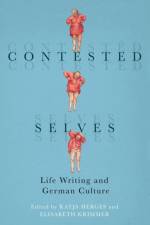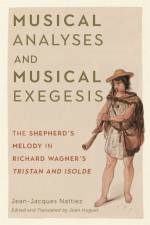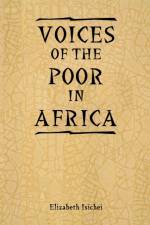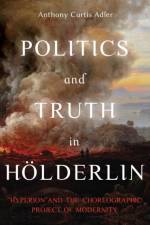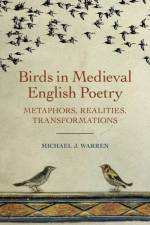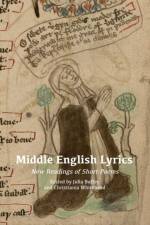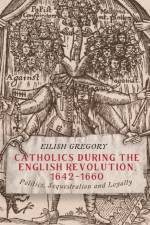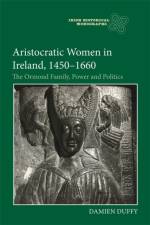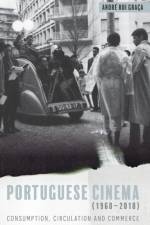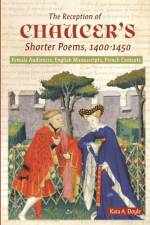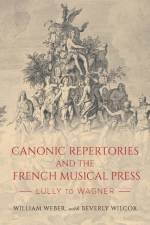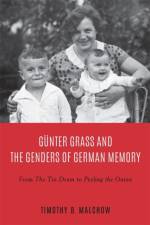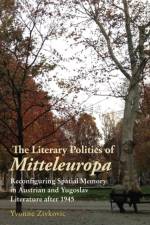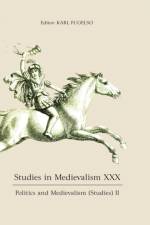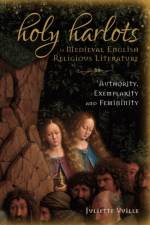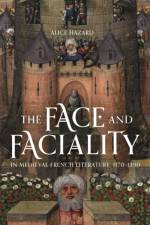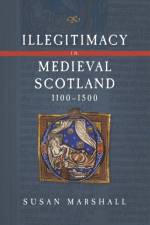av Julia Boffey
477
A collection attesting to the richness and lasting appeal of these short forms of Middle English verse.The body of short Middle English poems conventionally known as lyrics is characterized by wonderful variety. Taking many different forms, and covering an enormous number of subjects, these poems have proved at once attractive andchallenging for modern readers and scholars. This collection of essays explores a range of Middle English lyrics from the thirteenth to the early sixteenth century, both religious and secular in flavour. It directs attention to the intrinsic qualities of these short poems and at the same time explores their capacity to illuminate important aspects of medieval cultural practice and production: forms of piety, contemporary conditions and events, the historyof feelings and emotions, and the relationships of image, song, performance and speech to the written word. The issues covered in the essays include editing lyrics; lyric manuscripts; affect; visuality; mouvance and transformation; and the relationships between words, music and speech. A particularly distinctive feature of the collection is that most of the essays take as a point of departure a specific lyric whose particularities are explored within wider-ranging critical argument. JULIA BOFFEY is Professor of Medieval Studies in the Department of English at Queen Mary University of London; CHRISTIANIA WHITEHEAD is Professor of Middle English Literature at the University of Warwick. Contributors: Anne Baden-Daintree, Julia Boffey, Anne Marie D'Arcy, Thomas G. Duncan, Susanna Fein, Mary C. Flannery, Jane Griffiths, Joel Grossman, John C. Hirsh, Hetta Elizabeth Howes, Natalie Jones, Michael P. Kuczynski, A.S. Lazikani, Daniel McCann, Denis Renevey, Elizabeth Robertson, Annie Sutherland, Mary Wellesley, Christiania Whitehead, Katherine Zieman.




